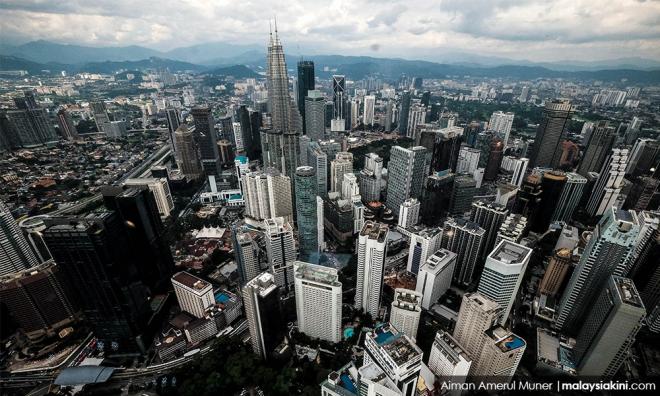
The heady optimism for the future experienced by Malaysians soon after the change of government last year is far behind us, research house Ipsos has discovered.
Measuring this using spending decisions of Malaysian consumers over time, Ipsos found that more Malaysians were ready to make long-term large purchases soon after GE14 compared to today.
In fact, the proportion of Malaysians surveyed seeking to buy big-ticket items like property or vehicles last month was lower than what it was in January 2018.
In the global survey, some 500 Malaysians were asked this question: “Compared to six months ago, are you now more comfortable making a major purchase like a home or a car?”
The respondents were selected from among urban, educated and higher than average income earners who Ipsos referred to as “upper deck consumer citizens”.
“Decline in big-ticket purchases clearly shows that Malaysians are less optimistic for the future,” Ipsos said.
In January 2018 - five months before the change of government - 37 percent of Malaysian respondents had said "Yes".
This dipped to 30 percent in May 2018 before surging to 50 percent in June, right after the general election.
However, sentiments started to dip as early as August 2018, slipping to 44 percent. While there have been marginal improvements, the general trend has not quite been turned.
In October, only 35 percent said they were more comfortable buying a home or a car compared to six months before.
This is somewhat comparable to global and Asia Pacific findings, where 37 percent and 38 percent of respondents said "Yes" to the same question, respectively.
Can't afford houses
When it came to property, Ipsos found that half of the respondents believed they were unlikely to be able to afford to buy a house though 65 percent believed this was just a temporary situation.
This belief that real estate affordability would improve was recorded to be higher among those aged under 35 (73 percent) and those with lower incomes (69 percent) compared to their counterparts, Ipsos found.
“The worst-hit due to the spiralling housing prices were salaried people who either postponed or altogether shelved their buying decision.
“If this trend continues, then there is a danger of an increased demand-supply gap and then builders would have no option but to reduce their prices to get back returns on investments, thereby setting off a vicious cycle in the process,” Arun Menon, Ipsos managing director said.
The Pakatan Harapan government has been under tremendous pressure by buyers to bring down house prices.
Critics said the government was pandering to property developers by helping them clear their existing stocks at unaffordable prices.
Last month, Finance Minister Lim Guan Eng announced that foreigners could from next year onwards buy unsold high-rise properties worth RM600,000 and above down from the previous RM1 million threshold.
It was among the most unpopular policy items under Budget 2020 but the government defended the move as a means to stop knock-on effects if developers are unable to recoup their investment.
Dissatisfaction with Harapan was also evident in the recently concluded Tanjung Piai by-election where its candidate was trounced by BN with a landslide 15,086 votes. - Mkini


No comments:
Post a Comment
Note: Only a member of this blog may post a comment.